|
How a simple, home-made PVC workout tool for less than $40 can get your upper body and core in shape. Contact us if you need help, advice or guidance with your nutrition, lifestyle or weight management - Enjoy!
0 Comments
Tip #4: How to Stay Healthy in Hotel Rooms (tips listed below)
We probably all know that hotel rooms are not that clean after all. And without being condescending, judgmental, critical, impolite or rude, hotel room cleaning is probably not the most exciting or high paying occupation, and I suppose the hardworking people laboring away at this chore are at best applying a minimum standard of care. I bet making all of these beds is tough enough. I'm pretty sure not all bedspreads or quilts inside the duvet covers are wash every day. According to Dr. Philip M. Tierno, a professor of microbiology at the New York University School of Medicine, "common places of travel, such as cabs, airports, airplanes, hotels, restaurants and business meetings, are battlefields in the never-ending war against germs" (Source: news article Seattle times, 08/04/12). The same article references a study done by a Yale researcher who found that a person entering a room could add about 37 million bacteria to the air every hour. So now that's pretty scary. What do we do to stay healthy? Your best bet is to boost your immune system. You want to do that a few days prior to your travels, and ideally, you work on strengthening your immune system every day of the week so you're ready to fight these germs. DannyTheCoach.com can help you with that - reach out today! A few tips to boost your immune system:
A few tips while at a hotel room:
Also keep in mind that about 80% of all infectious diseases are passed on by direct or indirect human contact. And when we travel, our encounters multiply exponentially. Try staying away from sneezing, coughing co-travelers. Please contact DannyTheCoach.com today if you need help with your immune system, health, nutrition or lifestyle. The "30 min of free chat" promo is still going on. Follow us on LinkedIn, Facebook or Instagram. Sources: Watch Out For These Hidden Dangers
What Hidden Dangers? Well, in short, they are Light, Air, Electricity and Water. The link below goes into great details about these 4 dangers. Here a quick summary on how to prevent some of these dangers. For example, place certain toxin-removing plants around you or figure out how to get natural light into your environment. Filter your water and check to see how you could make your environment more natural. Below a summary of the 4 hidden dangers.
For more details & sources - click here Quick little workout routine to get your legs, arms and shoulders going. Go strong, go hard, stay fit! Try to work out 20-30 min per day. Look at it this way, if you can work 9-12 hours for someone else, you should be able to spend 30 min for yourself. You only have one body, make the best out of it. Tip #3: What To Eat At Airports
Ideally, prepping your food & snack before you get on your trip is recommended. You can scroll down for a list of options. However, if you do need to eat at the airport, use your "at-home brain" and try to eat what you would have eaten at home. Meaning, don't eat a bunch of Pop Tarts or a slew of overpriced, high-sugar, high calorie dishes. Look for the little snack stores and buy some fruits, nuts or a Greek yogurt. Some of these stores sell somewhat healthy beef jerky for example, which is a good source of protein. But make sure to read the ingredients label. If the jerky is loaded with sodium, "natural flavors" and other chemicals, opt not to buy it. Another option is to try making a meal out of an appetizer and a side dish to avoid the calorie bombs. The appetizer portion of wings, or the burger sliders - and ditch the buns - can give you the protein you need to keep hunger at bay, and a side salad or a portion of the steamed vegetables can round out a fairly well-balanced meal. Here a list from the "SmartTravel" website on somewhat healthy airport food options. Again, best would be to bring your own food (see below) but time and life won't always let you be prepared. Tips for Restaurant Options at Airports:
Unhealthiest Airport Options:
Your best option is to bring your own healthy, organic and unprocessed snacks (tips summarized below). Prep your sandwiches the day before if any way possible. Most airports do not offer healthy food choices. If you arrive hungry to the airport, most of your options are junk food or processed food. The best advice is to avoid these choices. And unfortunately, this also goes for most in-flight meal options, too. These meals are often nothing more than heavily processed food containing unhealthy substances. Sadly, junk food is loaded with too much sodium (salt), too much sugar and bad meats. These three things will do more to weaken your germ fighting abilities than they will to fight off any disease. If you didn't bring your own healthy foods, your best bet would be to fast. Fasting is superior than eating junk food when traveling and it does less to weaken your body's natural disease fighting mechanisms. Your body can do without food for a while. Actually, you could go for about two to three weeks without food. However, water is a different story. Make sure you drink enough water. At least 60% of an adult body is made of water and every living cell in the body needs it to keep functioning. So drink plenty of water before, during and after your travels. Tips to Prep Your Food:
Please contact us today if you need help with your health, nutrition or lifestyle. The "30 min of free chat" promo is still going on. Follow us on LinkedIn, Facebook or Instagram. The wild mushroom picks from last weekend's farmers market on display at yesterday's dinner. The chicken bone soup with pasture raised, organic eggs and some stir-fry kale veggies on the side rounded up a pretty successful and delicious dinner. Contact us today if you need help with your diet, health, fitness or if you want to make some lifestyle changes. And don't forget, the AVO promo is still going on.
Tip #2 - Airplane Hygiene Tips
A major US airline estimates that its aircraft fly an average of nearly six flights per day. With about an average of 130+ people on each flight, 780+ people per day may pass through any one plane. After a week, that exposure rises to more than 5,400+ people, each with the potential to share their own bacteria, viruses, and other microbes with the aircraft seats, tray tables, toilets, arm rests, and virtually every other surface on the plane. The key is a strong immune system. It will always be your best defense against any pathogenic bacteria you come across anywhere, and it will serve you well if you nourish it properly. Here a few tips to support your immune system and keep those bugs off you:
Coconut water contains electrolytes, and is often used to re-hydrate after exercising instead of drinking sports drinks, which contain lots of sugar. One cup of coconut water contains about 46 calories. Carbs make up the majority of the calorie content, about 8.9 grams per 1-cup serving, of which 6.26 grams are from sugar. Coconut water is a good source of the electrolyte potassium, and provides 600 milligrams per 1-cup serving. It also contains about 250 milligrams per-serving of sodium, another electrolyte lost during exercise through sweat. The potassium and sodium content found in coconut water is a smart choice when you become dehydrated, whether from physical activity or sickness. One serving of coconut water also provides about 6 milligrams of vitamin C, along with folate, riboflavin, thiamin, niacin and vitamin B-6 and key minerals including calcium, iron, magnesium, phosphorus and zinc.
Enjoy! Lot of us have to travel and we are stuck at airports for hours. How do you stay healthy? What are your best options when you do not have many options at all? What can you do to keep up your energy and focus? These Business Trip Tips Series (BTTS) posts provide quick and easy tips to get ahead of the game while on the move. Tip #1 - Workout in Airports: You have to spend a few hours at an airport? You are looking for a quick and easy workout to stay sharp, stay in shape? Here a few simple tips: Use stairs instead of escalators and walking mills. Use them often. Find a gym close to your airport (www.airportgyms.com lists gyms in the USA & Canada close to airports). Bring a suspension strap (TRX is one brand but others on the market for less $ do the same trick - GoFit Gravity Strap is another option). Attach it to stairwells, door frames, or anywhere where it could be wrapped around and do suspended push-ups, suspended sitting leg lunges, suspended corkscrew twists, or a variety of different exercises. You can get a really great workout while waiting for your flight. Pack a jump rope or an elastic exercise rubber band, two other great, simple and light weight items you can bring and use at any airport. Or simply use the chairs to do simple push-ups, reverse dips, or step ups. Here is a site for "Quick and Dirty Tips" on workout sessions: www.quickanddirtytips.com/health-fitness/exercise
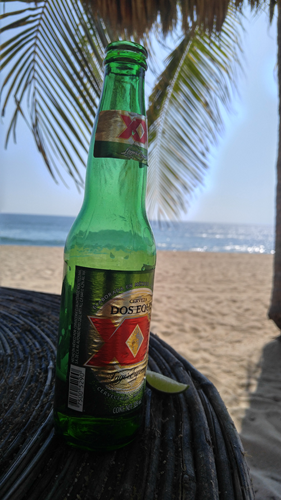 Think about those drinks when you're out next time. Alcohol depresses the central nervous system, which slows down the communication between the brain cells. The limbic system, which controls emotions, is also affected. This is why alcohol consumption lowers inhibitions. The prefrontal cortex, a brain region associated with reasoning and judgment, also slows in response to alcohol, leading to more impulsive behavior and poor judgment. At higher doses, the cerebellum, which plays a role in muscle activity, will also be impacted, leading to dizziness and loss of balance. Moderation is definitely the key here. "Moderate" intake of alcohol would be a 5-ounce glass of wine, or a 12-once beer, or a 1 ounce hard liquor. Ideally, eliminating all forms of alcohol would be best. Not always possible but ideal. Even if it provides some benefit, it's unlikely that alcohol will add much to an otherwise healthy diet and lifestyle. Good news is exercise can help! Research suggests exercise can go a long way toward mitigating the health risks, including reducing your risk for heart disease. This makes sense when considering the fact that exercise may be one of the most effective strategies for protecting and strengthening the heart. So much so, research shows regular exercise can significantly lower health care costs if you have heart disease. Source & Research Data - click here. Simple and quick workout using a chair. This can be done at the beach or your office. Just make sure the chair is strong enough to hold your weight. |
Author
DannyTheCoach Archives
January 2023
Categories
All
|

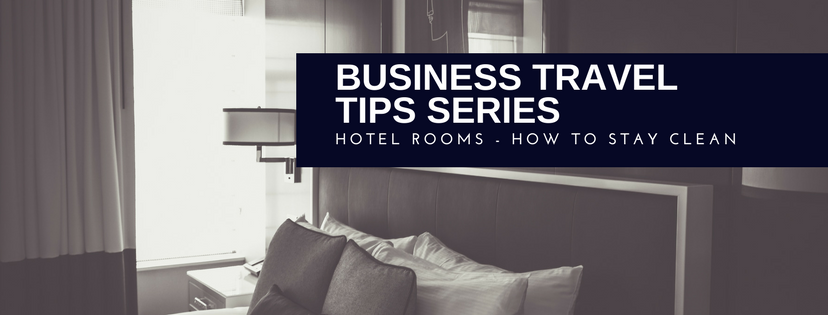


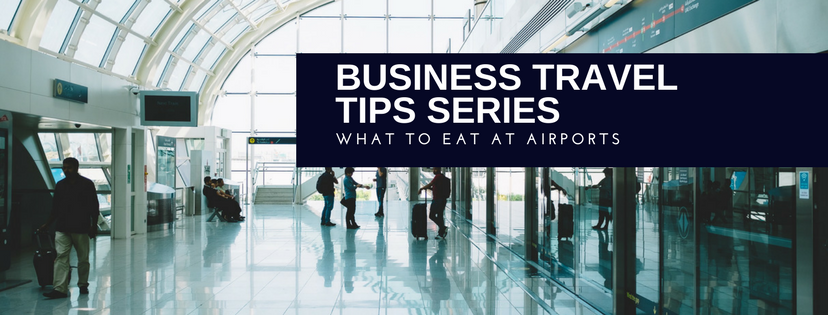


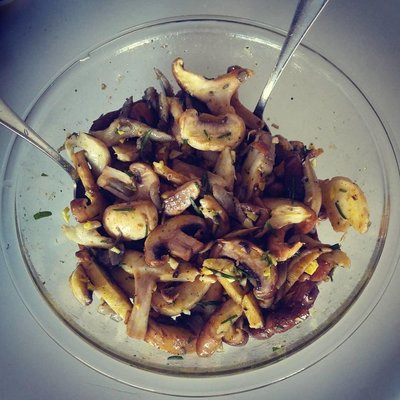


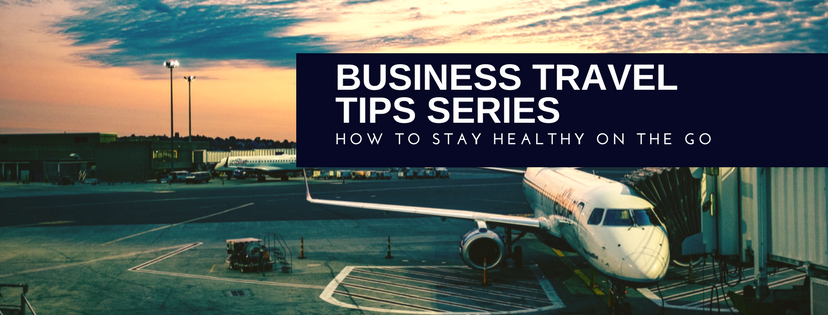
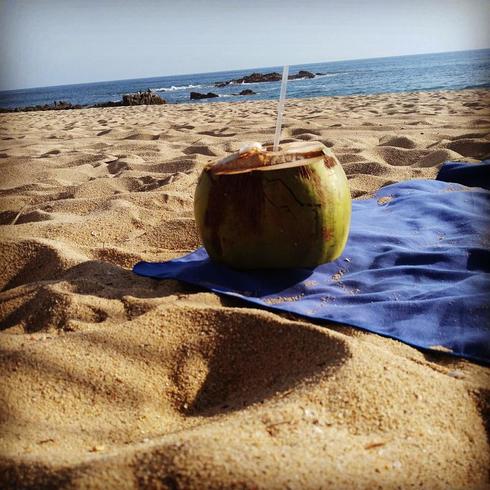

 RSS Feed
RSS Feed